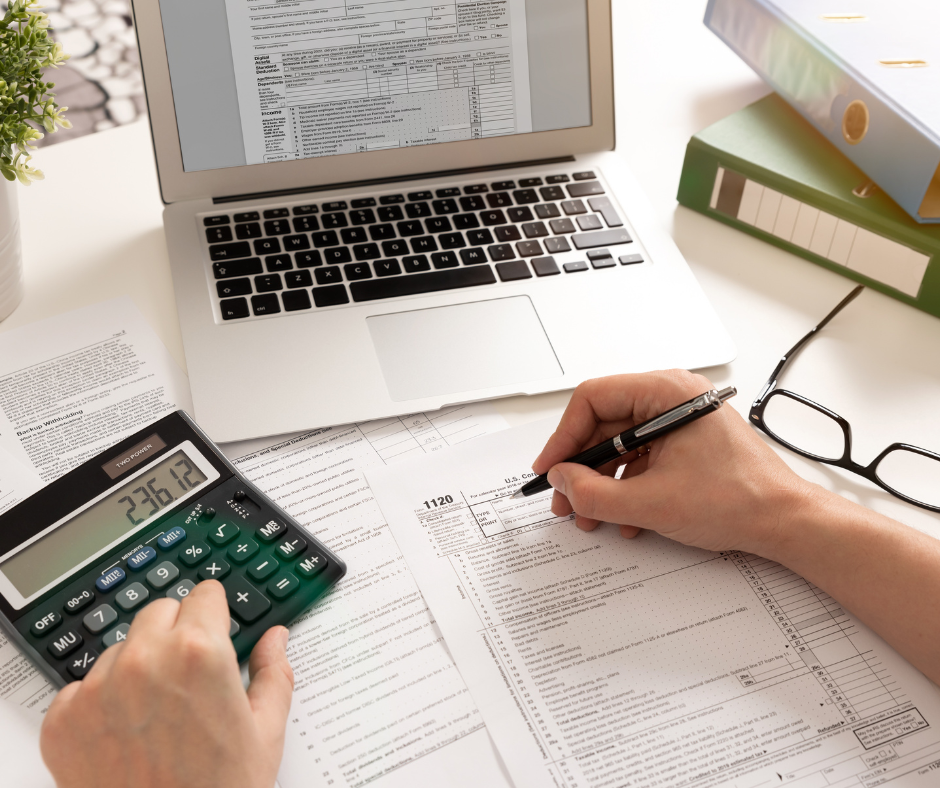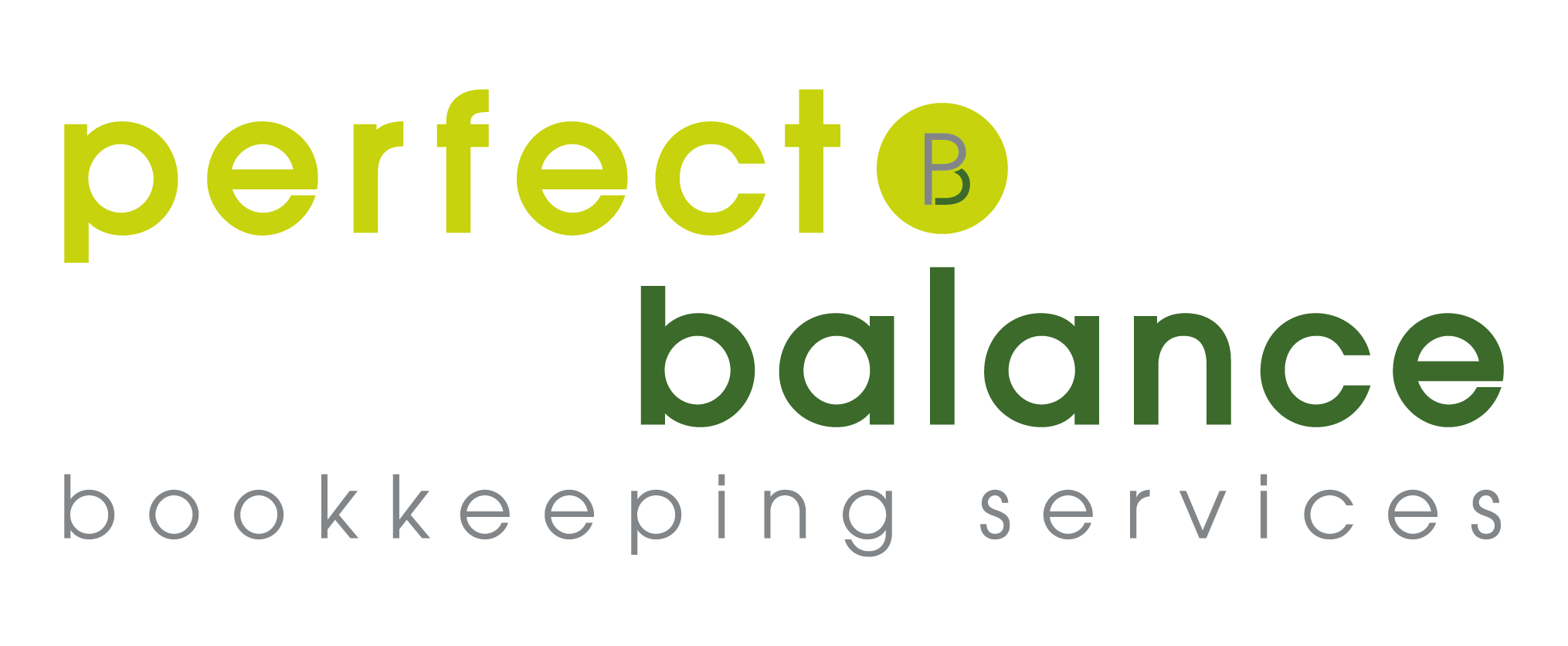The UK construction industry is one of the most significant contributors to the nation’s economy, employing millions of workers across various trades.
Many of these workers operate as sole traders, enjoying the flexibility and independence that self-employment offers.
If you’re considering becoming a sole trader in construction or are already operating as one, here’s a useful guide on what you need to know.
Key stats about Sole Traders in Construction
- As of October 2024, there were around 4.38 million self-employed workers in the UK.
- The construction industry alone accounted for around 745,000 self-employed workers as of the third quarter of 2024, making it the industry with the highest number of self-employed individuals.
What is a Sole Trader?
A sole trader is a self-employed individual who runs their business as an individual rather than as part of a company. As a sole trader, you have full control of your operations, but you are personally responsible for the business’s debts and obligations.

Responsibilities of a Sole Trader in Construction
Registering with HMRC
- You must register as self-employed with HM Revenue & Customs (HMRC) to operate legally.
- You can register online via the HMRC website, and you’ll receive a Unique Taxpayer Reference (UTR) for filing your tax returns
Tax Returns
- Sole traders are required to complete and submit a Self-Assessment tax return annually.
- Tax returns cover the financial year, which runs from 6 April to 5 April, and must be filed by 31st January of the following year.
-
-
National Insurance Contributions (NICs)
- You need to pay Class 2 NICs if your profits are over a certain threshold (£12,570 for the 2023/24 tax year).
- Depending on your earnings, you may also need to pay Class 4 NICs.
Construction Industry Scheme (CIS)
- Sole traders in construction must register for the CIS if they work as subcontractors or hire subcontractors.
- Contractors deduct tax at source (20% for registered subcontractors, 30% for unregistered). You can reclaim or offset overpaid CIS deductions when filing your tax return.
VAT Registration
- If your turnover exceeds £90,000 in a 12-month period, you must register for VAT. This is common in construction due to large project values.
Health and Safety Compliance
- Sole traders in construction must adhere to health and safety regulations, including risk assessments, personal protective equipment (PPE), and compliance with the Health and Safety at Work Act 1974.
Insurance
- Essential insurance policies for sole traders include Public Liability Insurance and, if hiring workers, Employers’ Liability Insurance.

Important deadlines for Sole Traders
Self-Assessment Tax Return
Paper Returns: 31st October
Online Returns: 31st January
Payment of Tax and NICs: 31st January
VAT Returns
If registered for VAT, returns are due quarterly, typically within one month and seven days of the end of your accounting period.
CIS Monthly Returns
If you’re a contractor, CIS returns are due by the 19th of each month.
Becoming a sole trader in the construction industry offers independence and the potential for significant earnings, but it also comes with responsibilities. By understanding your obligations, such as tax deadlines, CIS registration, and health and safety compliance, you can build a thriving and compliant business.
Join our Workshop!
If you’re thinking about starting or improving your sole trader journey in construction, we have a workshop coming up on the 26th February 2025 designed just for you.
Book by the 17th January 2025 to secure your spot for ONLY £59!

